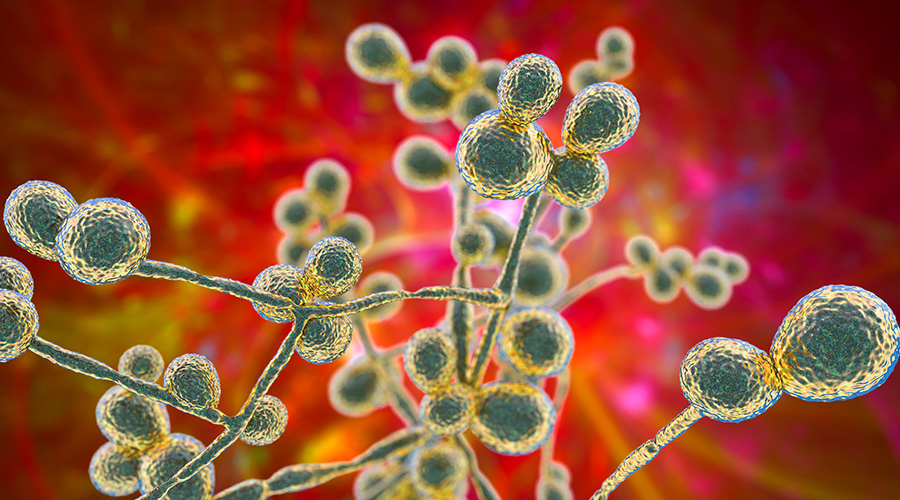From 2014 to 2017, more than one-fifth of healthcare-associated outbreak consultations undertaken by the Centers for Disease Control and Prevention (CDC) were for non-Legionella water-related investigations, according to an article on the Healio website.
“Water exposures in healthcare settings and during healthcare delivery” — such as when used with medical devices or as a component of drug or medication formulations — “can place patients at risk for infection with water-related organisms and can potentially lead to outbreaks,” wrote Kiran M. Perkins, MD, MPH, team lead for outbreak and response at the CDC, in a retrospective observational study.
For their study, Perkins and colleagues reviewed CDC records detailing consultations involving potential or confirmed healthcare transmission of water-related organisms that were conducted by the agency between Jan. 1, 2014, and Dec. 31, 2017.
The researchers reported that 29.9 percent of the water-related investigations involved nontuberculous mycobacteria and 35.8 percent involved medical products, including 83.3 percent that involved a medical device, such as heater-cooler devices and bronchoscopes.

 Mature Dry Surface Biofilm Presents a Problem for Candida Auris
Mature Dry Surface Biofilm Presents a Problem for Candida Auris Sutter Health's Arden Care Center Officially Opens
Sutter Health's Arden Care Center Officially Opens Insight Hospital and Medical Center Falls to Data Breach
Insight Hospital and Medical Center Falls to Data Breach The High Cost of Healthcare Violence
The High Cost of Healthcare Violence EVS Teams Can Improve Patient Experience in Emergency Departments
EVS Teams Can Improve Patient Experience in Emergency Departments